When visiting or moving to the UK, understanding and adopting local manners can make your experience much more enjoyable and help you fit in seamlessly. British etiquette is all about respect, politeness, and consideration for others, so here’s a friendly guide to 19 key British manners.
Saying “Please” and “Thank You”

“Good manners are a way to show others that you care about them,” says The Washington Post, and politeness is highly valued in the UK. A big part of that is saying “please” and “thank you” whenever appropriate. When in doubt, add a “please” to your request and a “thank you” when you receive what you asked for, as it shows respect.
The Art of Queuing
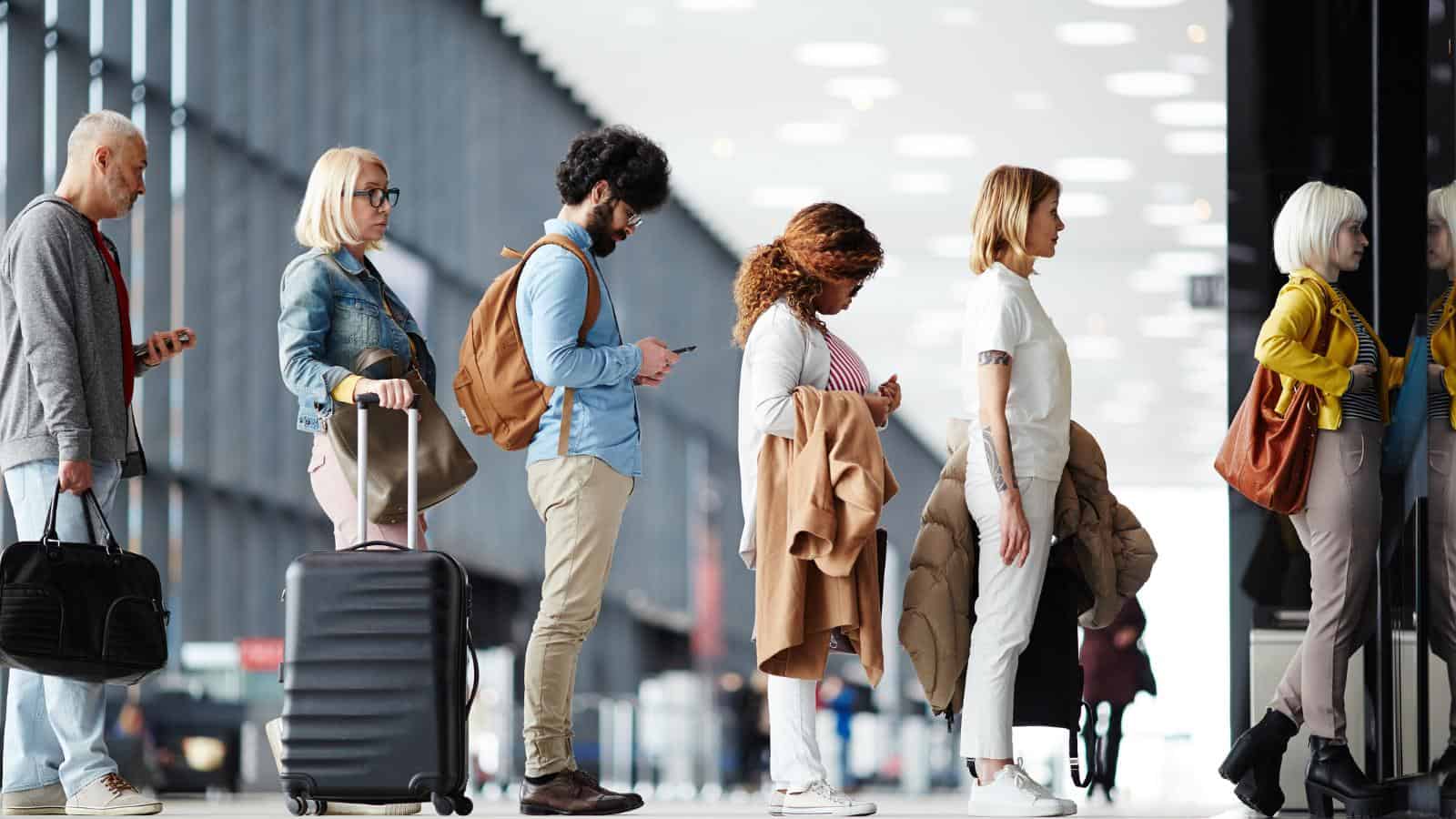
Whether you’re waiting for a bus, at the supermarket, or entering a venue, always look for the queue and join it at the end. Pushing ahead or cutting in line is seen as incredibly rude. People in the UK respect orderly queues and appreciate it when others do the same.
Apologising Often

Brits are known for their tendency to apologise frequently, even when they’re not at fault, so if you bump into someone, step on someone’s foot, or even if someone else bumps into you, saying “sorry” is expected. It’s less about admitting fault and more about maintaining politeness and social harmony.
Understanding Personal Space
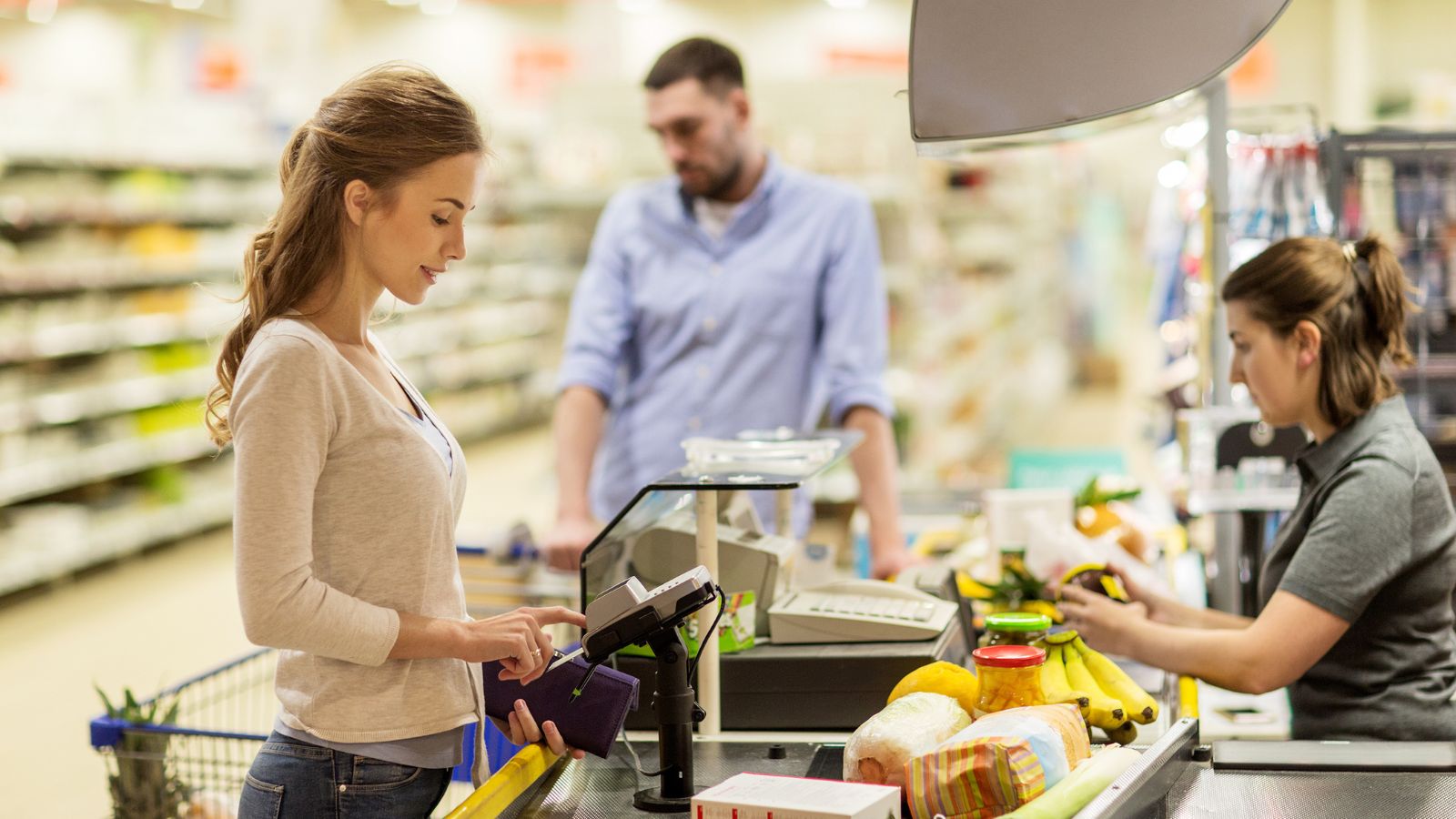
Personal space is important, too, as people appreciate having a comfortable distance between themselves and others, especially in public places. Avoid standing too close to someone in a queue or crowd, and give people their space when you’re on public transport.
Using Polite Greetings

When meeting someone for the first time or greeting someone you know, a polite “hello,” “hi,” or “good morning/afternoon/evening” is always appreciated. In more formal settings, you might say “how do you do?” or shake hands. Avoid overly enthusiastic greetings unless you’re with close friends, though.
Respecting Quiet and Privacy
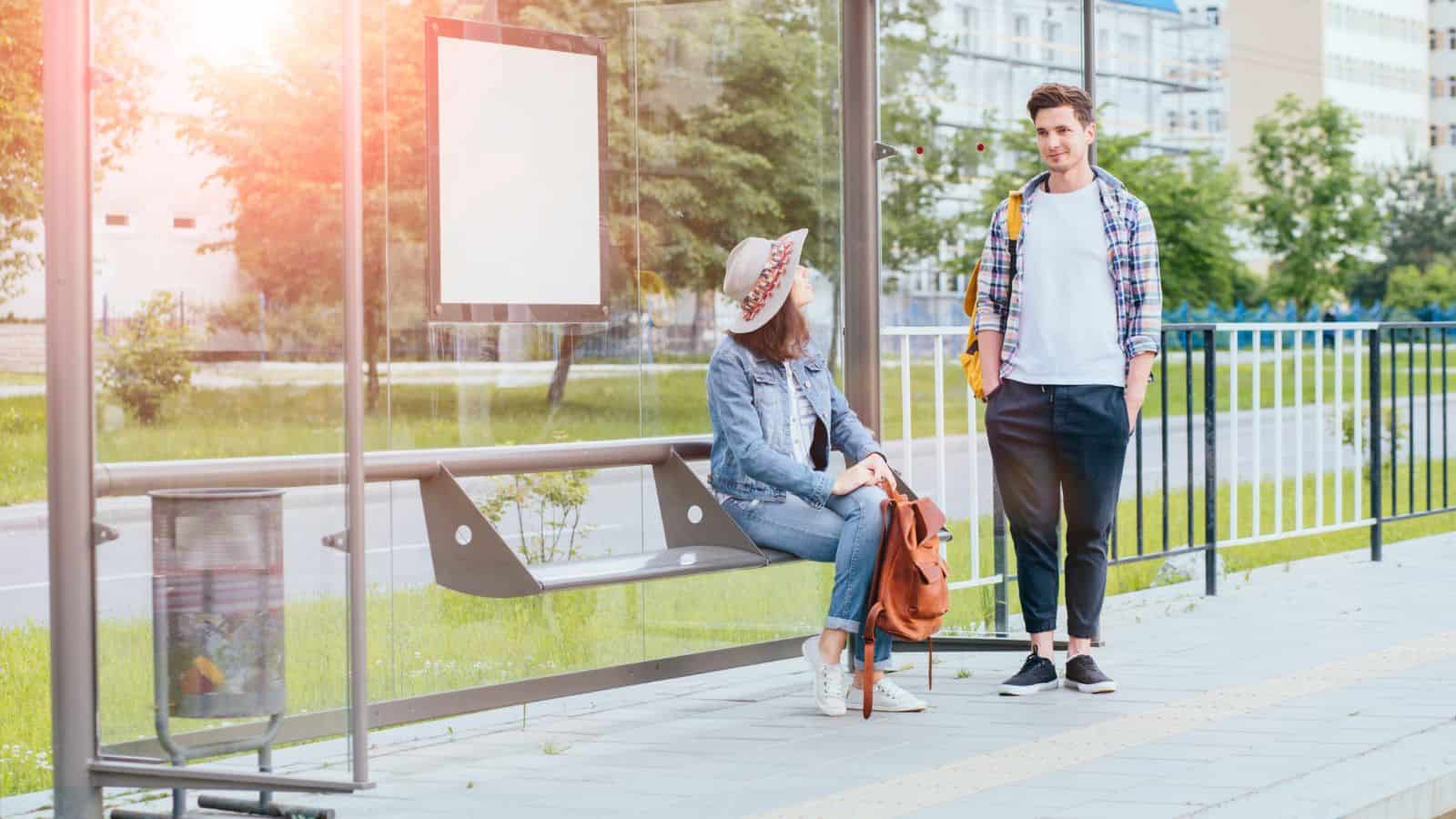
The British value their privacy and a sense of quiet, especially in public places, so loud conversations, public displays of affection, and intrusive questions are generally frowned upon. Whether you’re on public transport, in a café, or walking down the street, keeping noise levels down and respecting others’ privacy is key.
Small Talk Skills

Small talk is an essential social skill in the UK; topics like the weather, current events, or light-hearted news are great conversation starters. Being able to engage in light, polite conversation shows your social skills and makes it easier to connect with others—but avoid personal, controversial, or overly deep topics with people you’ve just met.
Proper Table Manners
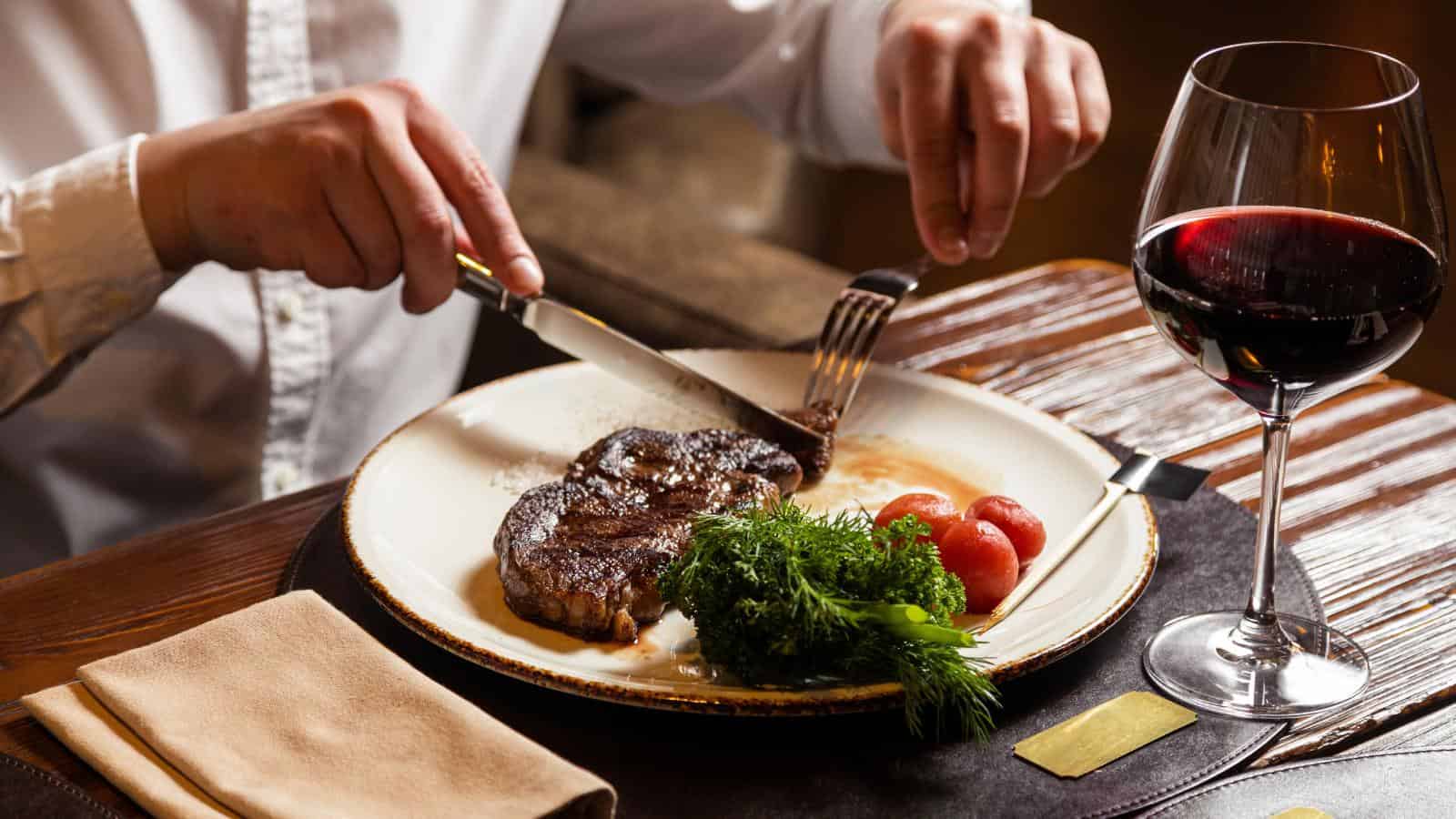
Table manners are also important, so always wait until everyone is served before eating, keep your elbows off the table, and chew with your mouth closed. Using cutlery correctly, like holding your fork in your left hand and knife in your right, is also important.
Being Punctual

Punctuality is a valued trait in the UK. Being on time for social gatherings, meetings, and appointments shows respect for other people’s time. If you’re running late, even by a few minutes, it’s courteous to let the person know, while arriving on time or slightly early is considered polite and considerate.
Proper Dress Code

Dressing appropriately for the occasion is another important aspect of British manners. Whether you’re attending a formal event, going to work, or enjoying a casual outing, make sure your attire is suitable. In formal settings, err on the side of conservatism and elegance.
Tipping Etiquette
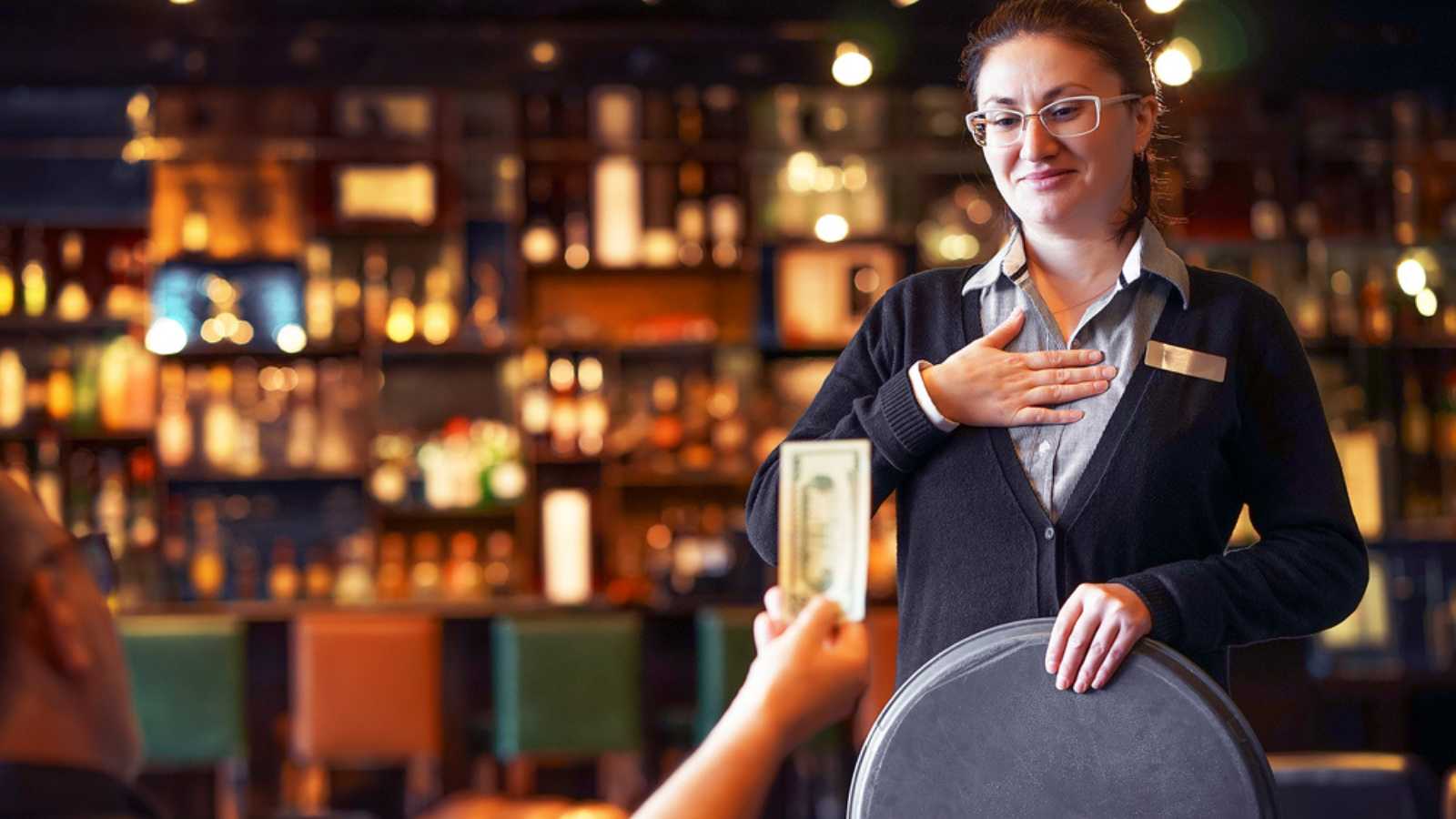
Tipping in the UK isn’t as rigid as in some other countries, but it’s still a polite gesture. In restaurants, a tip of 10-15% of the bill is customary if service isn’t already included. In bars, it’s common to say “keep the change” or to leave small change as a tip. For other services like taxis, rounding up the fare is appreciated.
The Subtlety of Compliments

When giving compliments in the UK, subtlety is key, as over-the-top or exaggerated praise can come off as insincere. A simple, genuine compliment about someone’s appearance, work, or home is always appreciated. The British tend to be modest, so keeping your compliments sincere and low-key will be better received.
Respecting the Drinking Culture

The pub is a central part of social life in Britain, and understanding pub etiquette is important, so when it’s your turn to buy a round of drinks, offer to do so without hesitation. If you don’t drink alcohol, it’s still polite to buy a round of non-alcoholic drinks.
Expressing Gratitude

Beyond just saying “thank you,” showing your gratitude through actions is appreciated, such as writing a thank-you note after being hosted for a meal or staying at someone’s home. Small tokens of appreciation, like flowers or a bottle of wine, can also convey your thanks.
Avoiding Loud Public Behaviour
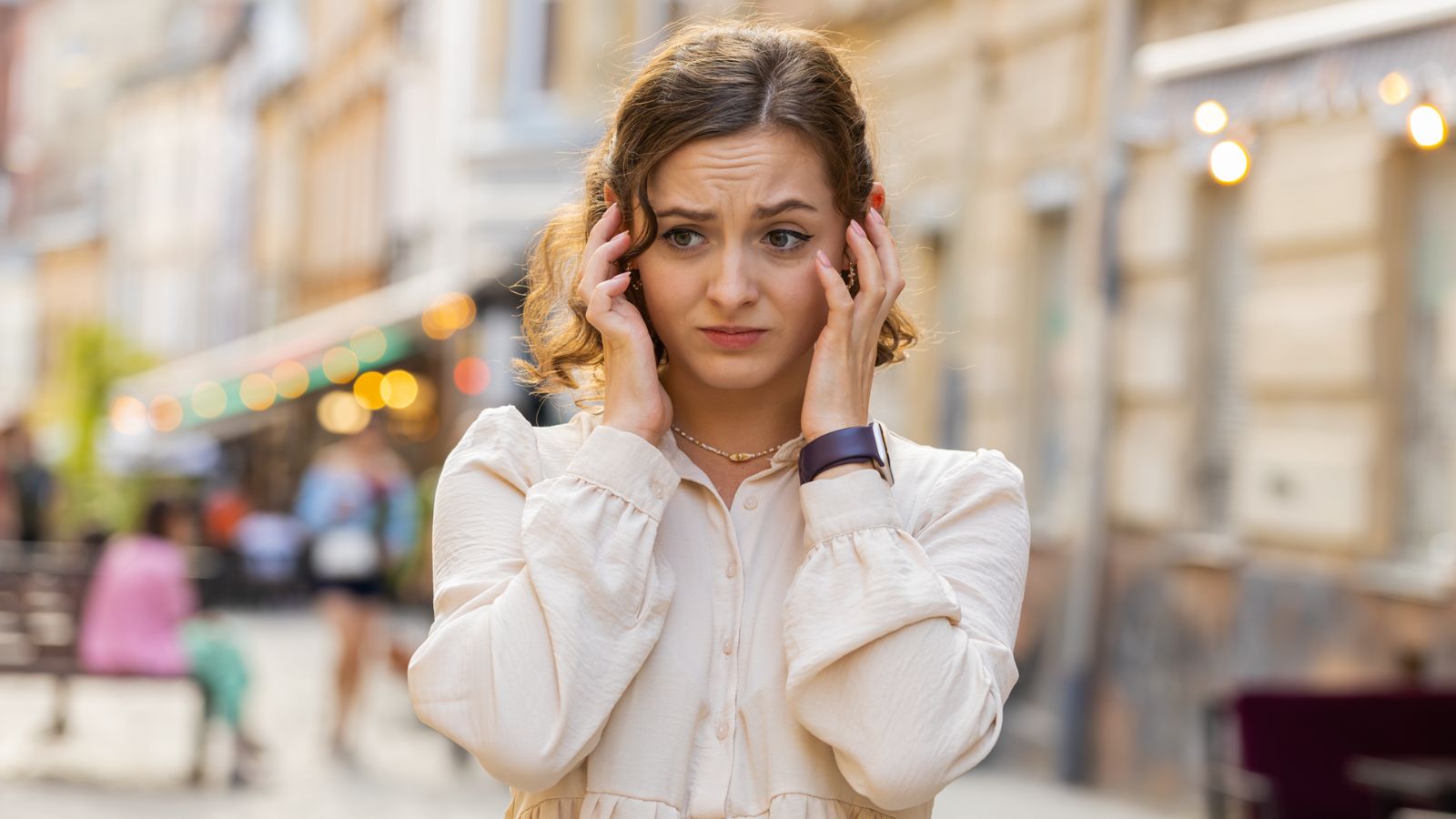
Keeping your voice at a moderate level in public is important. Therefore, loud conversations, shouting, and disruptive behaviour are generally frowned upon in places like public transport, libraries, and restaurants. Maintaining a quieter demeanour shows your respect for others’ peace and quiet.
Politeness on Public Transport
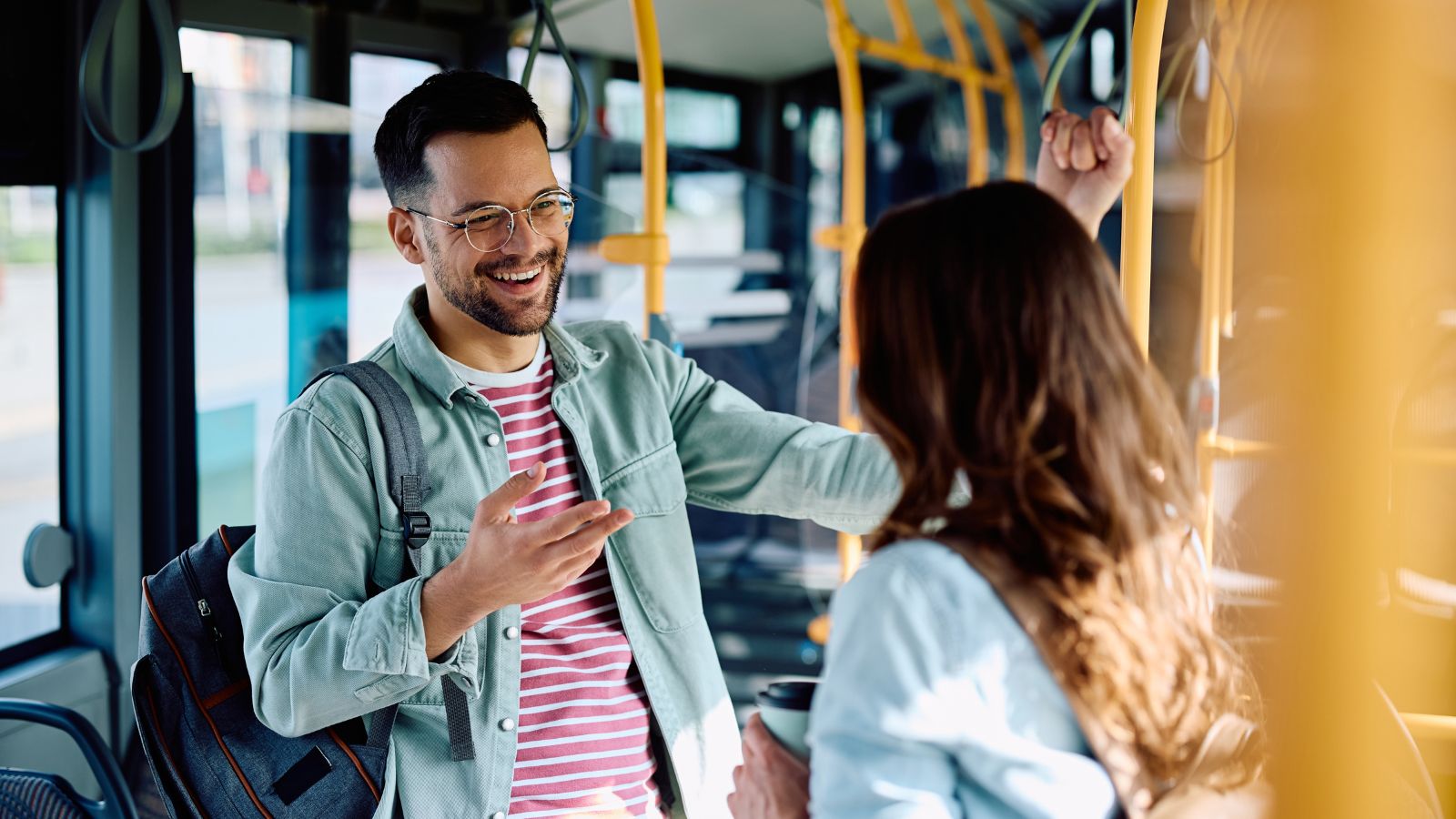
When you’re using public transport, politeness, and consideration are crucial, too, so offer your seat to those who need it more, like the elderly, pregnant women, or those with disabilities. Avoid blocking doors and aisles, and keep your belongings out of the way, and a simple “excuse me” or “sorry” when moving through crowded spaces goes a long way.
Holding Doors Open
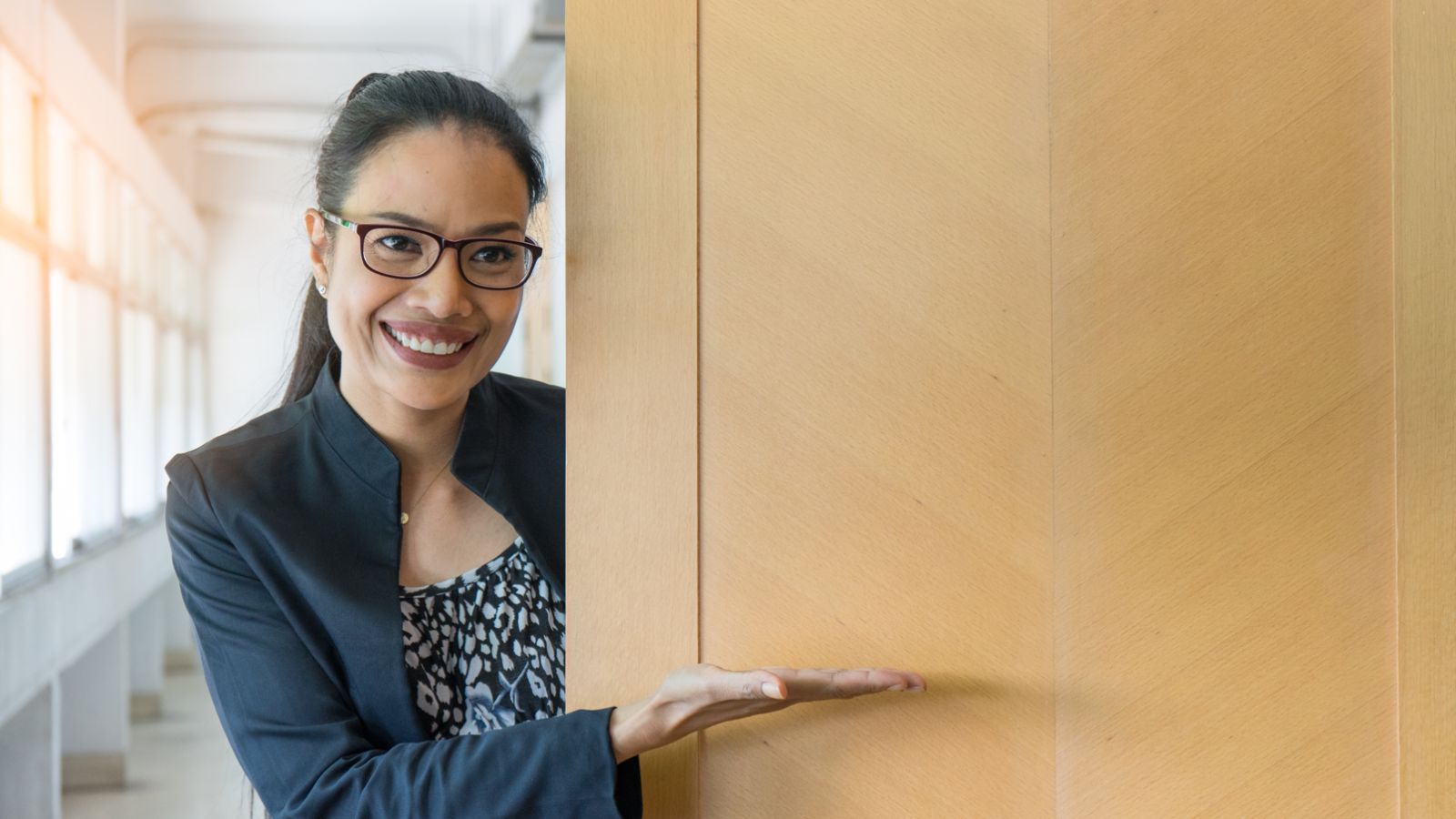
Another common courtesy in the UK is holding doors open for others. Whether entering a building or just passing through, take a moment to hold the door for someone behind you. It will be appreciated. A smile and a nod when someone holds the door for you are polite acknowledgments, too.
Polite Use of Mobile Phones
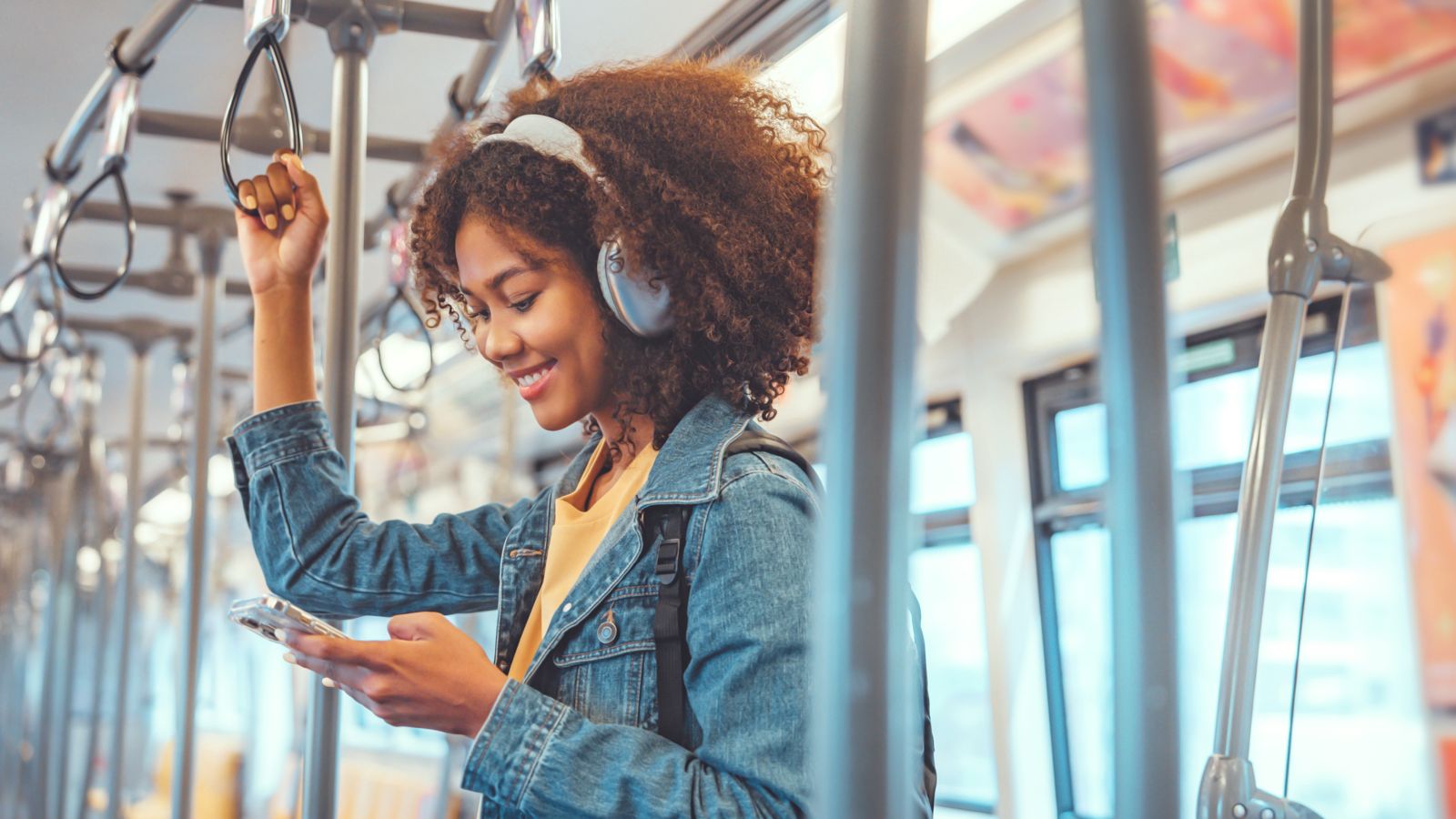
Using mobile phones considerately is important in this country, too, which means not having loud conversations in public places and keeping your phone on silent or on vibrate in quiet environments. When socialising, it’s polite to keep your phone usage to a minimum and give your full attention to the people you’re with.
Respecting Appointment Times

Respecting the scheduled time is important whether it’s a social gathering, a professional meeting, or a doctor’s appointment. Arriving on time or a few minutes early shows your respect for other people’s time and schedules, and if you need to cancel or reschedule, doing so with as much notice as possible is always courteous.







